His father and grandfather had been pilgrims to Mecca. Zheng He grew up speaking Mandarin and Arabic and learning a lot about geography. When he was 13, he was placed in the house of a Ming prince, Zhu Di, member of the new dynasty that came to power in 1387.
Educated as a diplomat and warrior, Zheng He converted to Buddhism under his new name, although he always remained faithful to Islam. After all, as I saw for myself when I visited Hui communities in 1997 when branching out from the Silk Road, on my way to Labrang monastery in Xiahe, Hui Islam is a fascinating syncretism incorporating Buddhism, the Tao and Confucianism.
Zhu Di brought down the Emperor in 1402 and took the name Yong Le. A year later he had already commissioned Zheng He as admiral, and ordered him to supervise the construction of a large fleet to explore the seas around China. Or, to be more precise, the “Occidental ocean” (Xiyang): that is, the Indian Ocean.
Thus from 1405 to 1433, roughly three decades, Zheng He led seven expeditions across the seas all the way to Arabia and Eastern Africa, leaving from Nanjing in the Yangtze and benefiting from monsoon winds. They hit Champa, Borneo, Java, Malacca, Sumatra, Ceylon, Calicut, Hormuz, Aden, Jeddah/Mecca, Mogadiscio and the Eastern African coast south of the Equator.
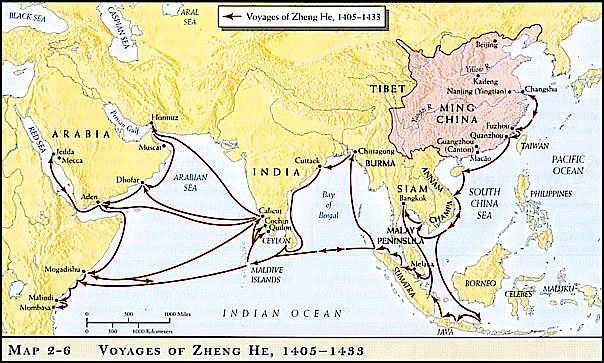
Those were real armadas, sometimes with over 200 ships, including the 72 main ones, carrying as many as 30,000 men and vast amounts of precious merchandise for trade: silk, porcelain, silver, cotton, leather products, iron utensils. The leading vessel of the first expedition, with Zheng He as captain, was 140 meters long, 50 meters wide and carrying over 500 men.
This was the original Maritime Silk Road, now revived in the 21st century. And it was coupled with another extension of the overland Silk Road: after all the dreaded Mongols were in retreat, there were new allies all the way to Transoxiana, the Chinese managed to strike a peace deal with the successor of Tamerlane. So the Silk Roads were booming again. The Ming court sent diplomats all over Asia – Tibet, Nepal, Bengal, even Japan.
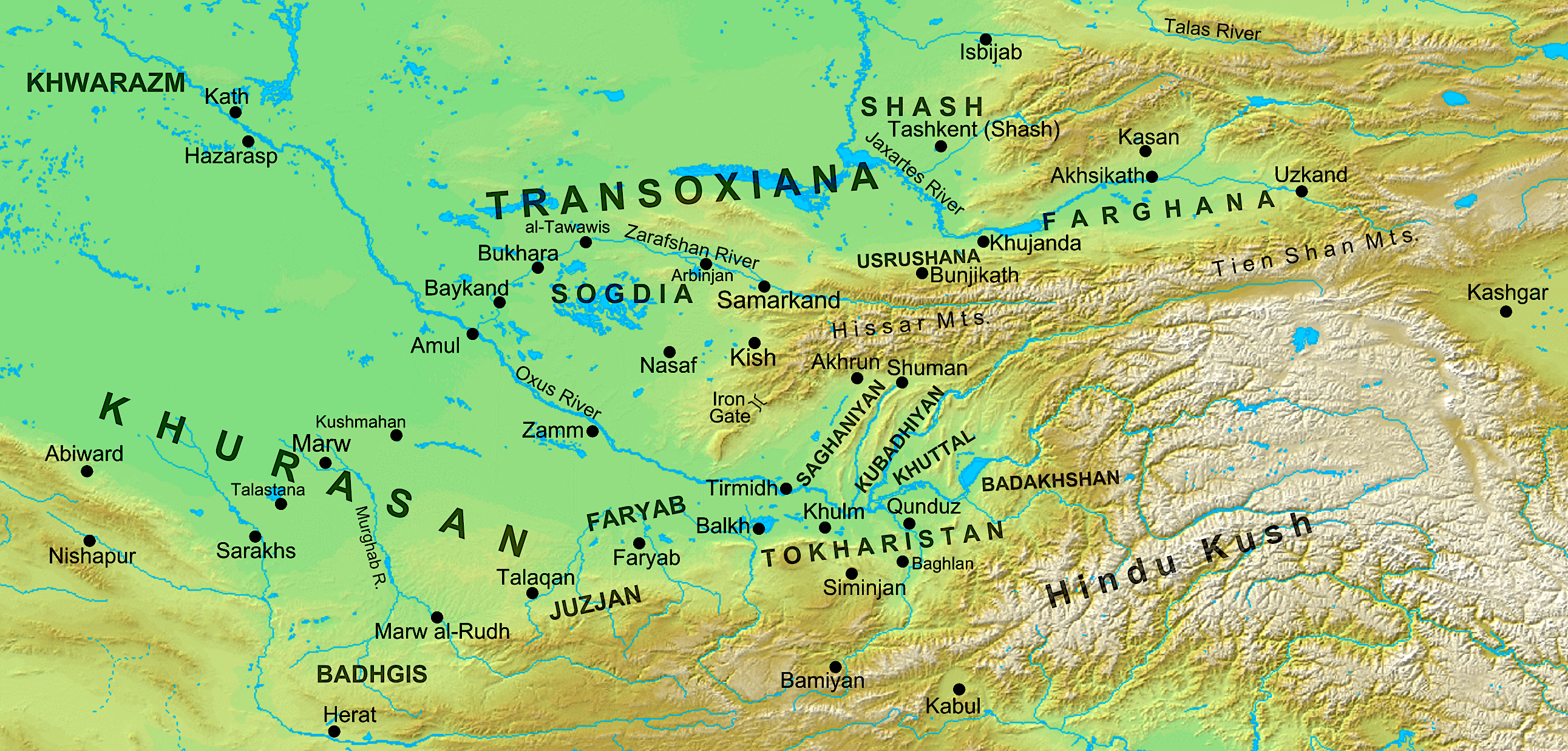
The main objective of pioneering Chinese seafaring has always puzzled Western historians. Essentially, it was a diplomatic, commercial and military mix. It was important to have Chinese suzerainty recognized – and materialized via the payment of a tribute. But most of all this was about trade; no wonder the ships had special cabins for merchants.
The armada was designated as the Treasury Fleet – but denoting more a prestige operation than a vehicle for capturing riches. Yong Le was strong on soft power and economics – as he took control of overseas trade by imposing an imperial monopoly over all transactions. So in the end this was a clever, comprehensive application of the Chinese tributary system – in the commercial, diplomatic and cultural spheres.
Yong Le was in fact following the instructions of his predecessor Hongwu, the founder of the Ming (“Lights”) dynasty. Legend rules that Hongwu ordered that one billion trees should be planted in the Nanjing region to supply the building of a navy.
Then there was the transfer of the capital from Nanjing to Beijing in 1421, and the construction of the Forbidden City. That cost a lot of money. As much as the naval expeditions were expensive, their profits, of course, were useful.
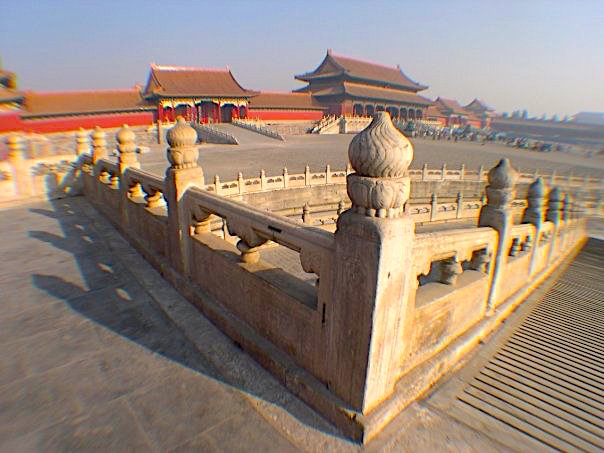
Forbidden City, Beijing 2008. (Joe Lauria)
Yong Le wanted to establish Chinese – and pan-Asian – stability via a true Pax Sinica. That was not imposed by force but rather by diplomacy, coupled with a subtle demonstration of power. The Armada was the aircraft carrier of the time, with cannons on sight – but rarely used – and practicing “freedom of navigation.”
What the emperor wanted was allied local rulers, and for that he used intrigue and commerce rather than shock and awe via battles and massacres. For instance, Zheng He proclaimed Chinese suzerainty over Sumatra, Cochin and Ceylon. He privileged equitable commerce. So this was never a colonization process.
On the contrary: before each expedition, as its planning proceeded, emissaries from countries to be visited were invited to the Ming court and treated, well, royally.
Plundering Europeans

Map of Portuguese exploration. Lopo Home 1554.
Now compare that with the European colonization led a decade later by the Portuguese across these same lands and these same seas. Between (a little) carrot and (a lot of) stick, the Europeans drove commerce mostly via massacres and forced conversions. Trading posts were soon turned into forts and military installations, something that Zheng He’s expeditions never attempted.
In fact Zheng He left so many good memories that he was divinized under his Chinese name, San Bao, which means “Three Treasures,” in such places in Southeast Asia as Malacca and Siam’s Ayutthaya.
What can only be described as Judeo-Christian sadomasochism focused on imposing suffering as virtue, the only path to reach Paradise. Zheng He would never have considered that his sailors – and the populations he made contact with – had to pay this price.

Statue of Zheng He in park named after him in Jinning, Yunnan, China.
So why did it all end, and so suddenly? Essentially Yong Le run out of money because of his grandiose imperial adventures. The Grand Canal – linking the Yellow River and the Yangtze basins – cost a fortune. Same for building the Forbidden City. The revenue from the expeditions was not enough.
And just as the Forbidden City was inaugurated, it caught fire in May 1421. Bad omen. According to tradition, this means disharmony between Heaven and the sovereign, a development outside of the astral norm. Confucians used it to blame the eunuch councilors, very close to the merchants and the cosmopolitan elites around the emperor. On top of it, the southern borders were restless and the Mongol threat never really went away.
The new Ming emperor, Zhu Gaozhi, laid down the law: “China’s territory produces all goods in abundance; so why should we buy abroad trinkets without any interest?”
His successor Zhu Zanji was even more radical. Up to 1452, a series of imperial edicts prohibited foreign trade and overseas travel. Every infraction was considered piracy punished by death. Worse, studying foreign languages was banished, as was the teaching of Chinese to foreigners.
Zheng He died (in early 1433? 1435?) in true character, in the middle of the sea, north of Java, as he was returning from the seventh, and last, expedition. The documents and the charts used for the expeditions were destroyed, as well as the ships.
So the Ming ditched naval power and re-embraced old agrarian Confucianism, which privileges agriculture over trade, the earth over the seas, and the center over foreign lands.
No More Naval Retreat
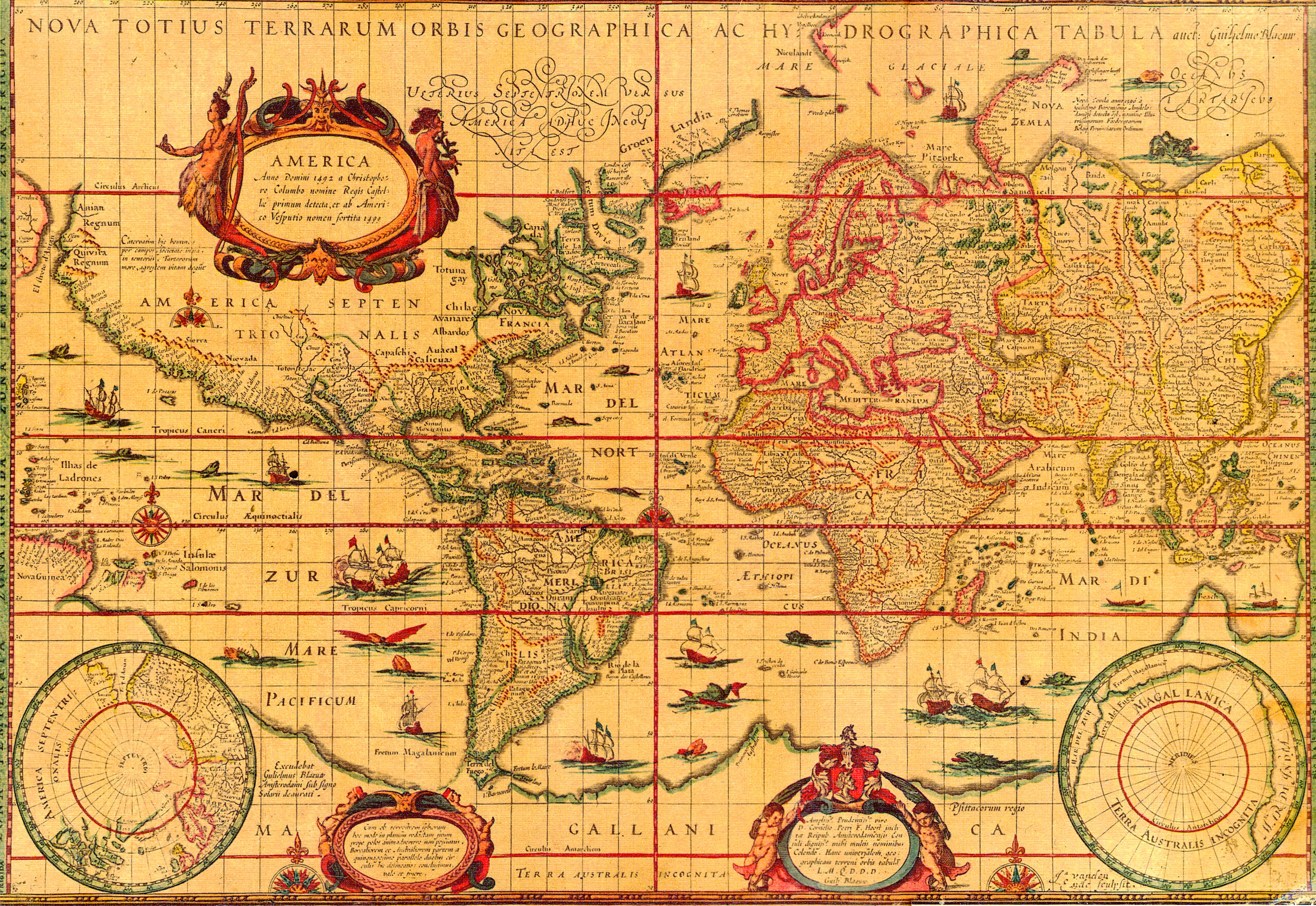
Europe manages to dominate the world. (Wikimedia Commons)
The takeaway is that the formidable naval tributary system put in place by Yong Le and Zheng He was a victim of excess – too much state spending, peasant turbulence – as well as its own success.
In less than a century, from the Zheng He expeditions to the Ming retreat, this turned out to be a massive game changer in history and geopolitics, prefiguring what would happen immediately afterwards in the long 16th century: the era when Europe started and eventually managed to rule the world.
One image is stark. While Zheng He’s lieutenants were sailing the eastern coast of Africa all the way to the south, in 1433, the Portuguese expeditions were just starting their adventures in the Atlantic, also sailing south, little by little, along the Western coast of Africa. The mythical Cape Bojador was conquered in 1434.
After the seven Ming expeditions crisscrossed Southeast Asia and the Indian Ocean from 1403 for nearly three decades, only half a century later Bartolomeu Dias would conquer the Cape of Good Hope, in 1488, and Vasco da Gama would arrive in Goa in 1498.
Imagine a historical “what if?”: the Chinese and the Portuguese bumping into each other in Swahili land. After all, in 1417 it was the turn of Hong Bao, the Muslim eunuch who was Zheng He’s lieutenant; and in 1498 it was Vasco da Gama’s turn, guided by the “Lion of the Sea” Ibn Majid, his legendary Arab master navigator.
The Ming were not obsessed with gold and spices. For them, trade should be based on equitable exchange, under the framework of the tribute. As Joseph Needham conclusively proved in works such as Science and Civilization in China, “the Europeans wanted Asian products way more than Orientals wanted European products, “and the only way to pay for them was gold.”
For the Portuguese, the “discovered” lands were all potential colonization territory. And for that the few colonizers needed slaves. For the Chinese, slavery amounted to domestic chores at best. For the Europeans, it was all about the massive exploitation of a workforce in the fields and in mines, especially concerning black populations in Africa.
In Asia, in contrast to Chinese diplomacy, the Europeans went for massacre. Via torture and mutilations, Vasco da Gama and other Portuguese colonizers deployed a real war of terror against civilian populations.
This absolutely major structural difference is at the root of the world- system and the geo-historical organization of our world, as analyzed by crack geographers such as Christian Grataloup and Paul Pelletier. Asian nations did not have to manage – or to suffer – the painful repercussions of slavery.
So in the space of only a few decades the Chinese abdicated from closer relations with Southeast Asia, India and Eastern Africa. The Ming fleet was destroyed. China abandoned overseas trade and retreated unto itself to focus on agriculture.
Once again: the direct connection between the Chinese naval retreat and the European colonial expansion is capable of explaining the development process of the two “worlds” – the West and the Chinese center – since the 15th century.
At the end of the 15th century, there were no Chinese architects left capable of building large ships. Development of weaponry also had been abandoned. In just a few decades, crucially, the Sinified world lost its vast technological advance over the West. It got weaker. And later it would pay a huge price, symbolized in the Chinese unconsciousness by the “century of humiliation.”
All of the above explains quite a few things. How Xi Jinping and the current leadership did their homework. Why China won’t pull a Ming remix and retreat again. Why and how the overland Silk Road and the Maritime Silk Road are being revived. How there won’t be any more humiliations. And most of all, why the West – especially the American empire – absolutely refuses to admit the new course of history.
Pepe Escobar, a veteran Brazilian journalist, is the correspondent-at-large for Hong Kong-based Asia Times. His latest book is “2030.” Follow him on Facebook.
This article is from The Asia Times.
The views expressed are solely those of the author and may or may not reflect those of Consortium News.
Please Donate to Consortium News’ 25th Anniversary Spring Fund Drive
 With hybrid warfare 2.0 against China reaching fever pitch, the New Silk Roads, or Belt and Road Initiative, will continue to be demonized 24/7 as the proverbial evil communist plot for economic and geopolitical domination of the “free” world, boosted by a sinister disinformation campaign.
With hybrid warfare 2.0 against China reaching fever pitch, the New Silk Roads, or Belt and Road Initiative, will continue to be demonized 24/7 as the proverbial evil communist plot for economic and geopolitical domination of the “free” world, boosted by a sinister disinformation campaign. 

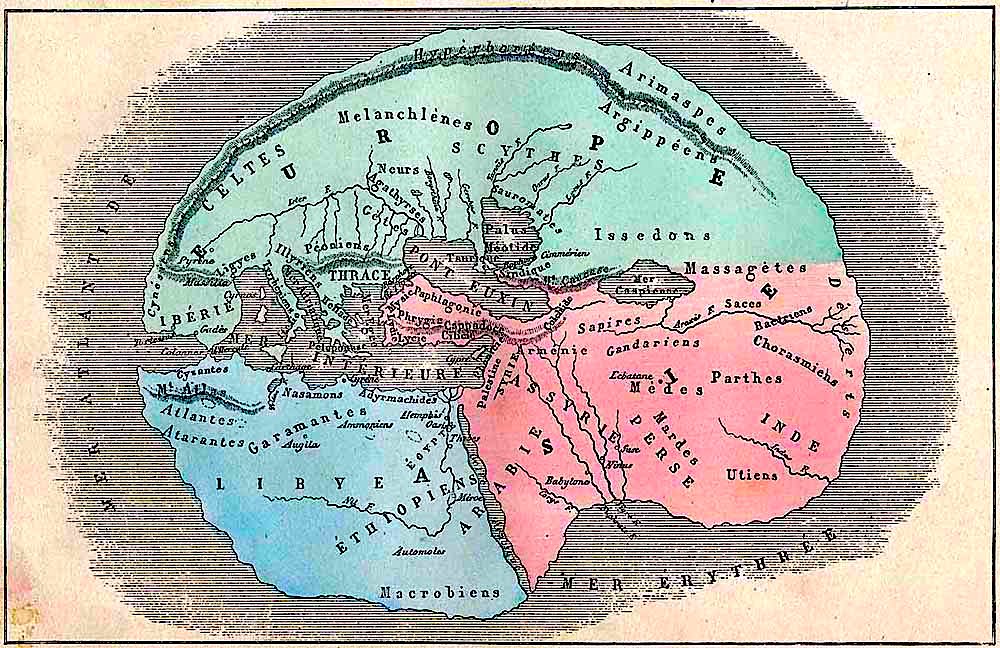
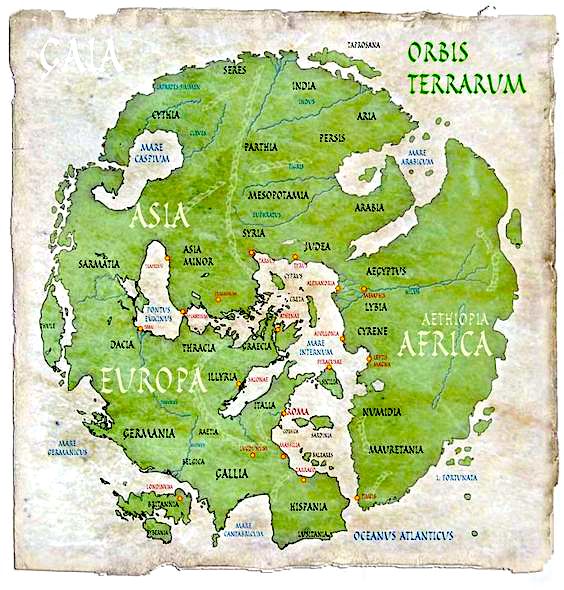
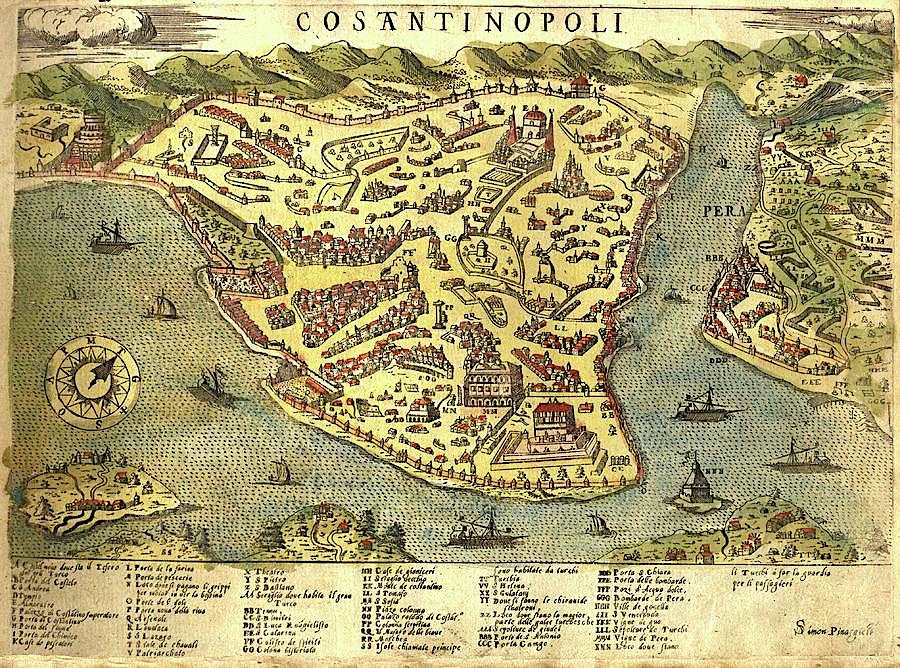



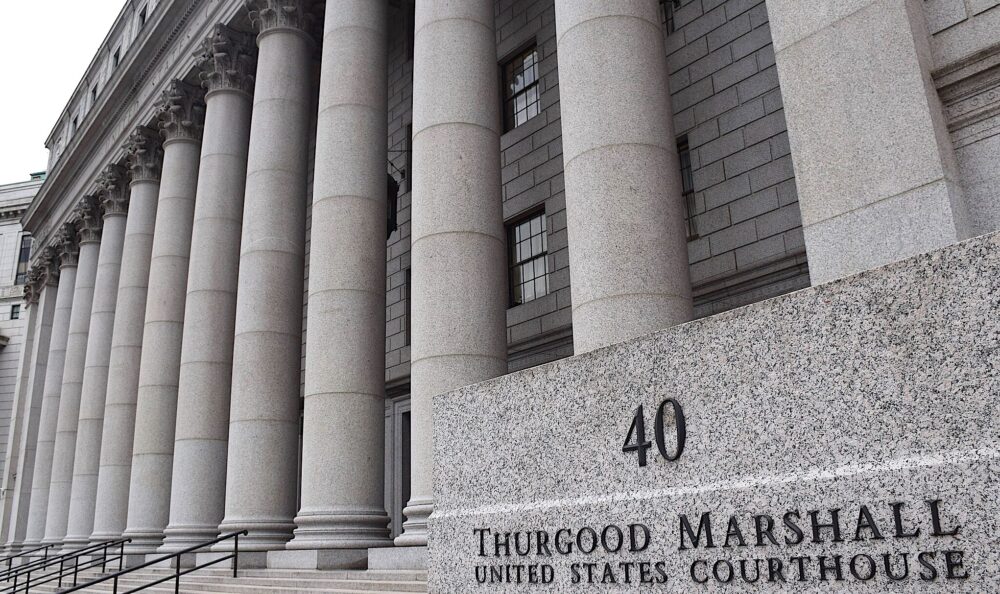




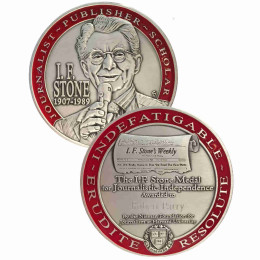


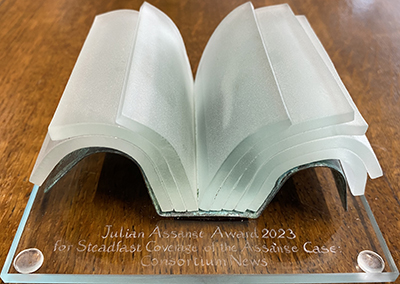

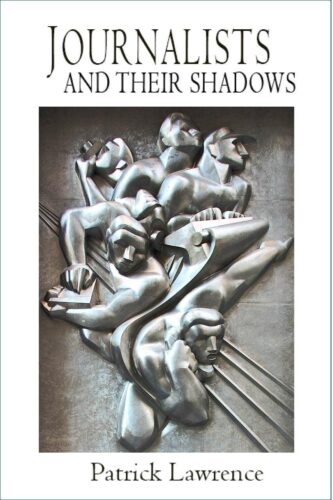
Thank God real journalism is still alive! Consortium News take a bow!
As Bob Marley said an man without history is like a tree without roots’. European Imperial elites attempted to rewrite world history – it began with Greece, moved west to Rome, further west to London and the west again to Washington.
The contributions of the rest of humanity didn’t exist in ANY field, science, human values, medicine, military NOTHING at all. This justified the widespread massacre, enslaving and extermination of the untermenchen (the Nazis only did in Europe, what the European elites had been doing everywhere else since the ethnic cleansing massacres in Andalusia (Spain) in the 1300s.
That is where Western European history REALLY starts. The Inquisition industrialised torture, barbarity and forced conversion and massacre as an integral apparatus of the European state. The superior culture and science were conveniently forgotten. The translation factories in Toledo, Sicily etc were conveniently forgotten as the source of the ‘age of enlightenment’. This was replayed everywhere they went.
Now THAT will be a worthy next project Pepe!
Our children NEED this real history to become REAL world citizens.
All passing empires should “admit the new course of history”. All empires come to pass, all empires hold power at the price of peace.
See: ghostsofhistory.WordPress
At least this journalist understands the Chinese thinking. China only wants to be respected as a world power and left alone. However, if America keeps poking at the dragon, then it will pay dearly in the long run. This is not the China of 1840s. China has the resources, money and people to defeat any country on this planet.
In the 70’s, the multinational corporations (big biz back then) sent their CIA to China and got them to join the unregulated neoliberal economy. So, just like Trump, Putin and all these other global leaders, Xi is just another multinational corporation tool. And if these tools don’t behave, they’re replaced with someone who will. What do you think the US veep backups (Cheney/Biden/Pence) are for.
And all these scripted neoconservative wars become more than just distractions when your own bought-and-paid-for government is ordered to turn its back on its own citizens. Globalization marches on.
Years ago, I also read ‘1421 the Year China Discovered the World’ by Gavin Menzies. I love Pepe’s writings, but it is interesting there is no reference here to Menzies work, as he did some of the original research on this topic. Unfortunately Menzies extended himself and made some rather data-starved claims that one fleet ventured far to the north in the Pacific. Due to those claims he was attacked by the typical naysayers when the television programs were made on this topic, supporting the “Columbus discovered America” nonsense. However, I believe his original research was sound on many counts, including that another fleet (not mentioned here) ended up on South and North American shores.
Menzies description of the huge flat-bottomed ‘treasure ships’ is fascinating, with on-board gardens and food production. With them, as the major trade items they brought the ‘Chinese blue-ware’ porcelain, which is the inspiration behind English ‘willow ware” serving ware we are familiar with today.
As far as the Chinese visiting The America’s prior to Columbus, there seems to be an agenda to discount it. As a side note, in the studies I have been doing of the Mound Builders societies in North America for a fiction book, I keep running into the fact that there has been a continuing cover-up of the history of the North American continent—the Smithsonian being the center of it. Why, I do not know, but there is so much archaeology that is not being addressed.
Back to the article—today I do not trust the rulers of China or rulers of any other country, but the Chinese people are not my enemies. The new Silk Road is stirring up the US neo-cons like an ant nest because they are simply not included in the trade.
When the Spanish barbarians arrived in the Americas the Inca were raising ‘chachara hualpa’, chickens with the Chinese version of the “frizzle” gene. There is only one way that flightless birds could reach South America. (The Polynesians had also brought chickens to Chile several hundred years earlier, but those birds were genetically distinct and didn’t last long.)
Tibetans, Mongols, Uyghurs and many others want to know more about this Chinese diplomacy.
“Tibetans, Mongols, Uyghurs and many others want to know more about this Chinese diplomacy.”
China’s Song dynasty was conquered by the Mongols (Kublai Khan) in 1279 and the latter formed the Yuan dynasty which lasted from 1279 to the start of the Ming dynasty in 1368.
The Mongols annexed Tibet when its had no Government and brought it into the Yuan Dynasty as a province. When the Mongols were booted out of China in 1368 they fled North to Mongolia but left behind Tibet and Inner Mongolia.
The Ming dynasty, arguably another Golden Age of China like the Tang dynasty, lasted from 1368 to 1644 when it fell to the Manchu hoards from Manchuria. The Manchu conquerors formed the Qing dynasty which lasted from 1644 to 1911. Today the Manchu people make up one of the 56 ethnic minorities in China.
The Manchu hoards annexed what is now called Xinjiang and brought it into the Qing dynasty as a province. The Uyghurs are the Turkic ethnic group in Xinjiang and they make up one of the 56 ethnic minorities in China.
The world would like to know how the British came to annex Australia, New Zealand, India, Ceylon, Malaya, HK, Borneo, Brunei, Kenya, Tanzania, Rhodesia, Sudan, South Africa, the Falklands, the Ascension islands, the British Virgin Islands, Diego Garcia. Anyone?
The commerce of China was controlled by the imperial bureaucracy and the expeditions were a cost to the treasury, not a profit. Beautiful huge ships, products from state manufactories of great quality etc. we produced with much labor, and the exotic products brought back were “trinkets”. Thus in short term cutting that cost and focusing on the north frontier with the danger from Mongols looked reasonable.
In the long term, it was a disaster, because without the fleet, the long coast of Ming China became ravaged by pirates, organized by Japanese lords with the help of Chinese mercenaries. “Focus on the north frontier” was not truly a rational decision, but the result of a coup. One of the Ming princes was responsible for the northern defenses, and his seat was in Beijing before the city got its name “northern capital”. Having ample troops, he and his clique got the power. Rather than balanced policies, Chinese decision making was driven by cliques that were fighting each other with coups and court intrigues. There is some similarity of American politics driven by lobbies that have their pet causes and monetary interests and no inclination to consider the overall balance.
Probably the US is more tempted to wall itself off from the rest of humanity.
Pepe is my favourite journalist in the world ATM. His articles combined history, politics, current events. Awesome stuff!
Nice thoughts and maps. The 15th century differences between the colonial strategy of Portugal and trade strategy of China do not really argue a strategy of China in the present. Apparently China was not as interested in imported goods, and had some bad luck as well.
What surviving cultural factors drove colonialism and slavery? The West replaced the domestic tyranny of religious tribalism with the bully culture of an unregulated market economy with extensive political bribery. Has China not gone that way in its recent economy?
Pepe Escobar … Journalist, historian, and teacher. Thanks.
Interesting history lesson. Sadly Donnie Murdo won’t be listening. And then, as Jack Ma has said, when trade stops, war begins.